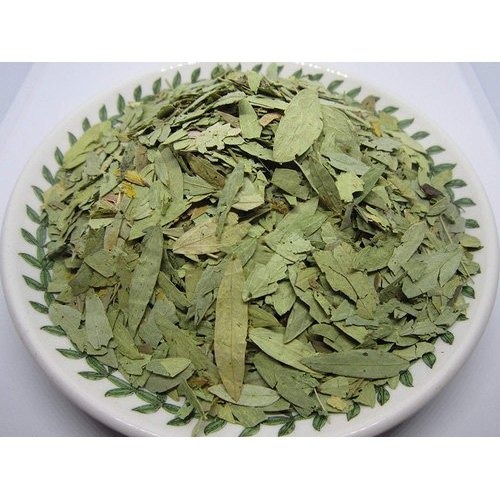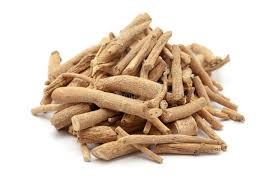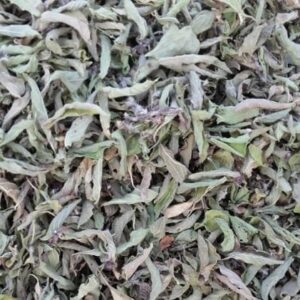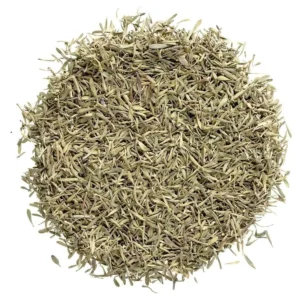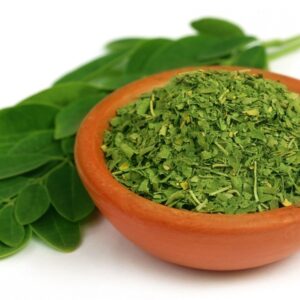Description
Botanical Name: Cassia angustifolia (commonly known as Senna)
Common Names:
- Senna Leaves
- Cassia Leaves
- Senna (in medicinal contexts)
- Indian Senna
Forms:
- Dried Senna Leaves: Used in herbal remedies and teas.
- Senna Powder: Ground dried leaves used in medicinal preparations.
- Senna Tea: Infused leaves used as a natural laxative.
Origin:
- Native Region: Indigenous to tropical and subtropical regions of Africa and the Middle East, with significant use in South Asia, particularly India.
Nutritional Benefits:
- Laxative Properties: Contains compounds like sennosides that stimulate bowel movements.
- Antimicrobial Activity: May have antimicrobial effects, though not extensively researched.
Health Benefits:
- Digestive Health: Primarily used as a natural laxative to relieve constipation.
- Detoxification: Often used in detox regimens to promote bowel cleansing.
- Potential Antimicrobial Effects: Some traditional uses include applications for skin infections, though evidence is limited.


